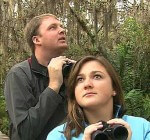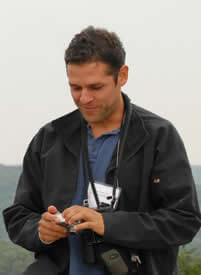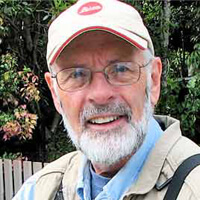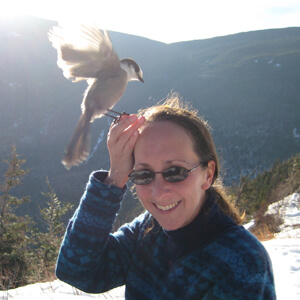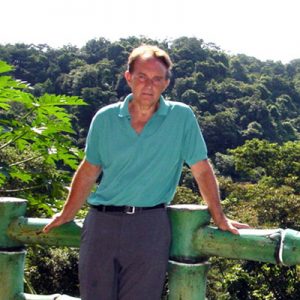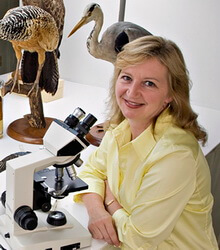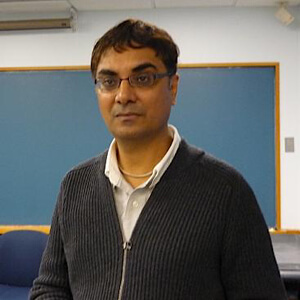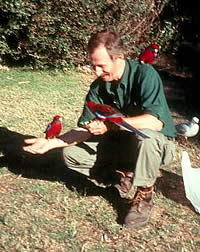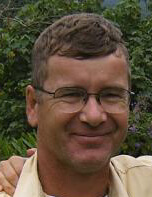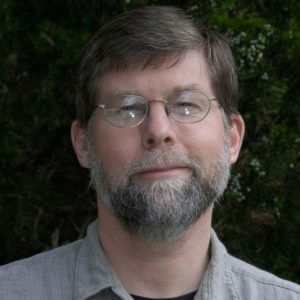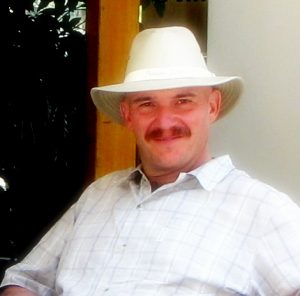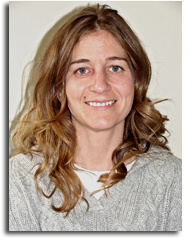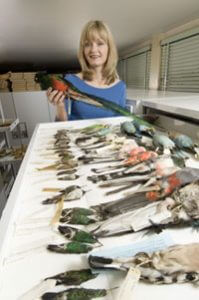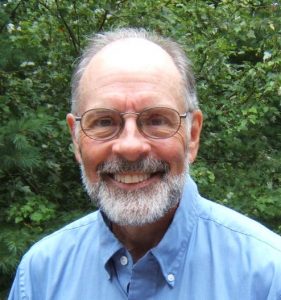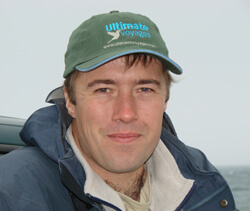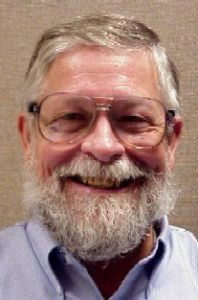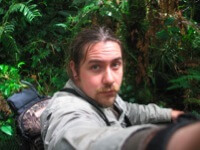Upcoming Programs
We are pleased to announce that Nuttall monthly meetings are back in person at Harvard.
Past Programs
(NOC members, login to view and listen to presentations)
David Bird – The American Kestrel: The White Mouse for Raptor Research?
Professor of Wildlife Biology and Director of the Avian Science and Conservation Centre of McGill University, Montreal, Canada, Dr. DavidBird’s main research interest is focused on raptorial birds, which encompasses virtually all aspects of their biology. He has at his disposal a captive colony of 200 or more American Kestrels. He collaborates with other scientists…
Read MoreChris Wood, Jessie Barry – Learning & Recording Bird Songs
Chris Wood is Project Leader for eBird at the Cornell Laboratory of Ornithology. Chris began birding at age five and still gets into the field enough to make the rest of the Cornell staff jealous. His primary interests include bird distribution, identification, vocalizations and conservation throughout the Americas. In addition to his work at the…
Read MoreErnesto Ruelas Inzunza – The State of North American Raptors
Since September 2008, Ernesto Inzunza, a postdoctoral fellow at the Bilology Department, Dartmouth College, has been an instructor for a course in tropical biology and will teach Methods in Ecology next summer. His research project is titled The fingerprint of climate change in hawk migration phenology. Ernesto continues to lead the Raptor Population Index Project…
Read MoreJohn Kricher (moderator), Wayne Petersen, Bob Stymeist, Jim Berry, Peter Alden, Shawn Carey, David Larson – Birding: Past, Present, and Future
John Kricher is A. Howard Meneely Professor of Biology at Wheaton College, a Fellow in the American Ornithologists Union, and member of the Science Advisory Committee of the Council of the Massachusetts Audubon Society. He has previously served as president of the Association of Field Ornithologists, the Wilson Ornithological Society and the Nuttall Ornithological Club,…
Read MoreBecky Harris, Ellen Jedrey – Post-breeding Staging Roseate Terns: Cape Cod and Nantucket are Critical Habitats
As Director of MassAudubon’s Coastal Waterbird Program, Becky Harris oversees the monitoring, management and protection of beach nesting birds at over 100 sites throughout southeastern Massachusetts. She also holds an adjunct faculty position at Tufts Cummings School of Veterinary Medicine in the Center for Conservation Medicine. Before coming to Mass Audubon in 2006, she founded…
Read MoreBrian Harrington – Knots in Massachusetts
Manomet Senior Scientist Brian Harrington has been studying the distribution and coastal ecology of shorebirds since 1972, focusing on migration and southern South American wintering areas. Brian, working with hundreds of cooperators, has led research on shorebird use of coastal habitat at migration stopover sites, as well as identifying major migration sites of shorebirds throughout…
Read MoreIan Newton – Findings from a Long-term Study of Sparrowhawks
Dr. Ian Newton is respected world-wide both as a biologist with a special interest and expertise in this subject and as a communicator. He is a seasoned and popular key note speaker at National and International meetings, and his talks are often the high point of conferences. He has been interested in birds since boyhood,…
Read MoreCarla J. Dove – Bird-Aircraft Strike Hazards
Dr. Carla Dove is a Research Scientist in the Department of Ornithology at the National Museum of Natural History. Her expertise is in the field of microscopic and molecular identification of feathers. She applies forensic methodologies to determine species of birds from fragmentary evidence using microscopy, whole feather comparisons with museum specimens and DNA barcoding.…
Read MoreNavjot S. Sodhi – Southeast Asian Forest Birds: Losses, Threats and Conservation
Field problem presented: Glenn d’Entremont – Lack of Documentation, Quincy Christmas Count records Dr. Navjot S. Sodhi is currently a Professor of Conservation Ecology at the National University of Singapore. He received his PhD from the University of Saskatchewan. He has been studying the effects of rain forest loss and degradation on Southeast Asian fauna…
Read MoreFrançois Vuilleumier – Ernst Mayr, Scientist and Mentor: Does One Live Up to Genius?
Field problem presented: David Small – Birds and Powerline Management in the Northeast Kingdom of Vermont Francois Vuilleumier, acclaimed ornithologist and editor-in-chief of the new book Birds of North America, is Curator Emeritus of the Department of Ornithology at the American Museum of Natural History. Author and professor of ornithology Francois Vuilleumier was a student of Ernst…
Read MoreNick Locke – REGUA—Reserva Ecológica Guapiaçu: A successful conservation project in the Atlantic rainforest of SE Brazil
Field problem presented: Kim Smith – Breeding Ecology of Early Successional Birds in Western Connecticut Nicholas Locke is president of the Guapiaçu Ecological Reserve (REGUA), located an hour and a half from the city of Rio de Janeiro. REGUA, a grassroots NGO, started in 1996 after a visit by a UK naturalist who saw the…
Read MoreNicholas Rodenhouse – Effects of Climate Change on Migratory Birds
Field problem presented: Soheil Zendeh – Take a Second Look (TASL) Nicholas Rodenhouse is Professor of Biological Sciences at Wellesley College where he teaches ecology, organismal biology, conservation biology, and environmental studies. A member of the Wellesley College faculty since 1988, Professor Rodenhouse received a A.B. degree from Hope College in 1977 and an M.A. degree…
Read MoreLuis Segura – Argentina: 1000 Birds, and More
Field problem presented: Steve Mirick- Extreme Pelagic Birding Luis Segura has worked in ecotourism and conservation since 1982. He has volunteered in projects oriented to preserve natural ecosystems and wildlife species in his native country, Argentina. He is a member of the Argentine branch of Birdlife International, Asociación Ornitológica del Plata. In his home city, Puerto…
Read MoreStephanie Koch – Shorebirds and People: Studying Seasonal Mudflat use at Monomoy NWR
Field problem presented: Vern Laux – Birdquest Stephanie Koch is working towards her PhD by doing research on shorebirds and these days she is soaring in rarified air because she is the only URI student to be awarded a Graduate Research Fellowship from the National Science Foundation. In fact Dr. Peter Paton, chair of the CELS…
Read MorePamela Rasmussen – History and Mystery: Reevaluating Avian Diversity in South Asia
Field problem presented: Robert Kennedy – Nantucket Offshore Wintering Wildfowl: Possible Impacts from Offshore Sand Mining Dr. Pamela Rasmussen’s research focuses on the diversity, vocalizations, taxonomy, and conservation of the avifauna of southern Asia. She recently (2005) co-authored a two-volume book, Birds of South Asia: the Ripley Guide, published in April 2005. She has also worked…
Read MoreJohn Kricher – Speciation in Neotropical Passerines
Field problem presented: Michael Schindlinger – Listening to the Amazon Dr. John Kricher is professor of biology at Wheaton College where he has served on the faculty for nearly forty years. He received his B.A. from Temple University and his PhD from Rutgers. In addition to Nuttall, he is a member of a number of professional…
Read MoreRob Williams – Avian Endemism in Peru
Field problem presented: Paul Roberts – Population studies of American Kestrel Rob Williams did his undergraduate work in zoology at the University of Wales in Cardiff. He obtained his doctorate at the University of East Anglia where he studied Long-eared Owls. In 1999 he moved to Ecuador where he has worked with a number of conservation…
Read MoreWilliam E. (Ted) Davis – Tasmania: A Study in Evolution
Field problem presented: Ralph Andrews – Is the Canada Goose Canadian? Dr. William E. (Ted) Davis received his B.A. from Amherst University, his M.A. from the University of Texas and his PhD in invertebrate biology from Boston University. He developed a deep interest in birds and has over the years authored over 150 papers and notes…
Read MoreEdwin Scholes III – Courtship, evolution, and natural history of New Guinea’s Birds of Paradise
Field problem presented: David Larson – Training naturalist guides Ed Scholes III has been researching birds of paradise in New Guinea since 1999 when he made his first trip to Papua New Guinea, and he has returned for fieldwork each year since. Ed’s research interests are primarily on the evolution of the spectacular morphological and behavioral…
Read MoreHiroyoshi “Hito” Higuchi – Ecology of bird migration in East Asia
Field problem presented: Wayne Petersen – Slaty-backed Gull: The next Lesser Black-backed Gull? Prof. Hiroyoshi “Hito” Higuchi is professor of conservation biology and ornithology at the Graduate School of Agriculture and Life Sciences at the University of Tokyo; former president and Director of Research of the Ornithological Society of Japan; and chair of the Asian Section…
Read More




